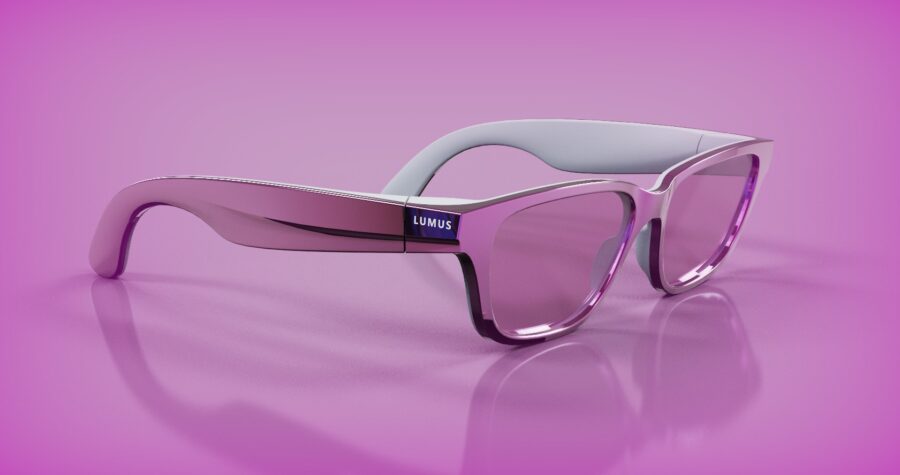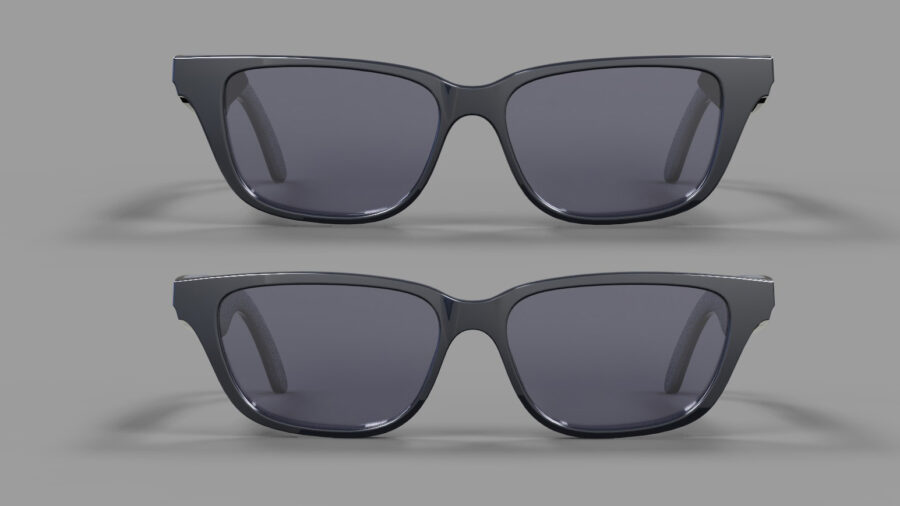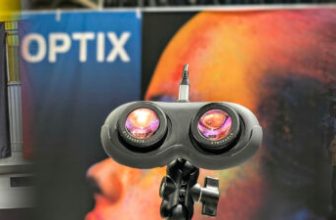
Lumus, known for developing geometric waveguide technology for augmented reality (AR) eyewear, has unveiled its latest Z-30 optical engine this week. Utilizing the company’s Z-Lens 2D waveguide framework and a compact field-of-view (30 degrees), the Z-30 is engineered to integrate effortlessly into conventional eyeglass sizes, providing “significant functional and aesthetic advantages,” as stated by Lumus.
“We are dedicated to creating optical engines for a wide range of AR glasses designs and applications, and the launch of Z-30 specifically caters to the needs of the entry-level consumer market,” remarked Lumus CEO Ari Grobman. “Our solution offers the same top-tier image quality as the Z-50 but features a smaller field-of-view, facilitating easier integration within standard glasses frameworks. This design also enhances device battery life, ultimately encouraging broader consumer adoption.”
Lumus emphasized that the Z-30 optimizes essential performance aspects of AR eyewear to enhance user experience. For instance, glasses equipped with an integrated Z-30 optical engine will necessitate lower processing demands and less robust hardware due to a reduced number of pixels to render, thereby lowering production costs.
The company further pointed out that devices with a mid-range field-of-view function more efficiently, which contributes to a smoother visual experience, prolongs battery life, and makes them better suited for long-term consumer usage.
The lightweight Z-30 weighs just 14.5g and delivers full color at a resolution of 720 x 720 pixels, along with a brightness exceeding >3,000 nits/Watt, based on Lumus’ claims. Additionally, with a 50% decrease in weight and volume compared to the Z-50, the Z-30 allows for the development of even more compact AR glasses designs.

“By providing a mid-range field of view option for consumer eyewear, we unlock significant aesthetic advantages; manufacturers can craft even smaller designs that attract consumers, and users will experience the comfort of wearing regular glasses instead of bulky devices,” concluded Grobman.
The Z-30 optical engine incorporates Lumus’ Z-Lens waveguide design, which facilitates smaller projector constructions while still offering outstanding image quality. It also supports flexible eye-box positioning, minimizes world ghosting effects, and allows for direct bonding of Rx lenses or protective plastic layers. Further advantages of the Z-Lens waveguide architecture include compatibility with microLED projectors, which leads to slimmer and more efficient designs, according to the company.
“We are broadening our product lineup to deliver solutions for all AR applications and specifications, ranging from immersive gaming and entertainment to information retrieval,” Grobman concluded. “The launch of the Z-30 optical engine equips manufacturers with the necessary tools to engage mainstream markets.”
To learn more about Lumus and its geometric waveguide technology for AR eyewear, please explore the company’s website.







